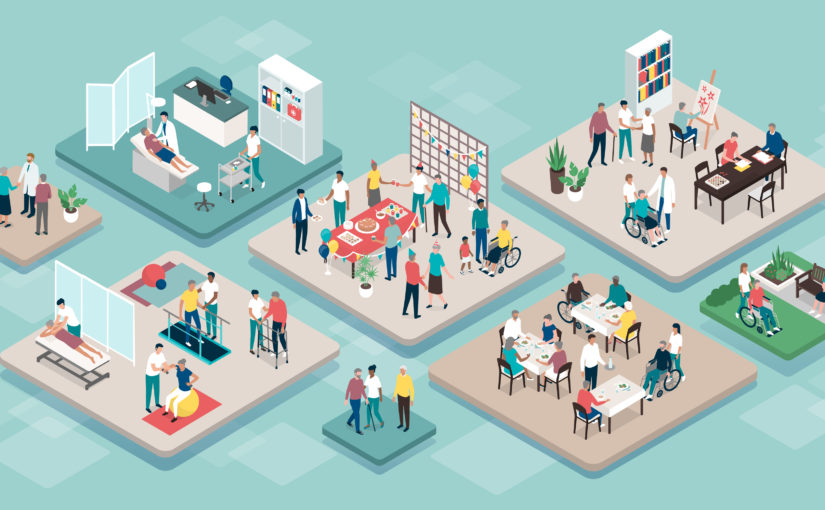IACD’s Community Resources
As we learn more about how Covid-19 is impacting our communities, IACD remains committed to propelling social justice and human rights to the forefront of the struggle to develop responses. It is crucial that essential community awareness is promoted in accessible and acceptable ways, involving the targeted groups in their design and implementation and that community responses are identified, resourced and supported.
We recently shared community development considerations and points from our global membership. We encourage our membership to reach out to us with your ideas to add to our growing list. We want to hear from you about how the virus has impacted your community and your experiences and stories of social justice responses and community resilience. Please reach out to us anytime via membership@iacdglobal.org Our newest additions to our lists are in bold.
Ideas and examples:
- Follow your local medical guidance regarding hygiene and social practices
- Refer to the IACD International Standards and community development values to inform your daily practice; connectedness, kindness, compassion and listening
- Stay connected with family, friends and neighbours; use online/digital communication when possible and appropriate
- Keep calm and reasoned; rely on reputable sources of information
- Encourage calmness; empathise with how people may feel about daily developments
- Be considerate of people with vulnerable (immunocompromised) health conditions; be supportive of their social distancing wishes and encourage others to be equally considerate
- Be mindful of your daily movements, actions and commitments and consider who and where you are visiting
- Limit travel where possible
- Find ways to encourage others to adopt safe practices and to comment impactfully on unsafe reactions or ignoring of the situation.
Community Development Considerations:
- Emphasise the importance of pro-active community development responses
- Encourage practitioners and funders to work collaboratively to develop a suite of community work responses
- Ensure national health authority information is easily understood and shared with communities and groups
- Raise awareness through remote and where appropriate face to face campaigns
- Ensure that marginalised and minority groups e.g. homeless people, people with a disability, asylum seekers, Travellers and Roma, undocumented migrants, have adequate information and that their challenges (self-isolation and possible deportation) are heard and addressed
- Seek seats at national coordinating and decision-making tables to represent the groups most at risk, including workers’ rights
- Seek immediate permission for designated programme funding to be used for coronavirus related work
- Exchange information and collaborate with other civil society organisations
- Support and encourage local, creative, alternative initiatives and proactively exchange good practice and challenges, locally, nationally and globally
- Seek to redeploy budgets and staff as well as direct and remote actions, including awareness raising
- A commitment to share good practice where CD practitioners encounter it
- Engage with local mutual aid activities
- Draw on existing experience in, for instance, sub-Saharan Africa in dealing with disease outbreaks
Thank you to IACD member Russell Todd for his additions to this list.
Risk Communication and Community Engagement
The WHO has compiled a set of guidance to help practitioners involved in community engagement. You’ll find guidance on mental health considerations, risk communication, and preventing and addressing social stigmas surrounding the virus.
Reaching out to IACD
We wholeheartedly encourage you to reach out to us at anytime to share your experiences, challenges, successes, and ideas. Please contact membership@iacdglobal.org

